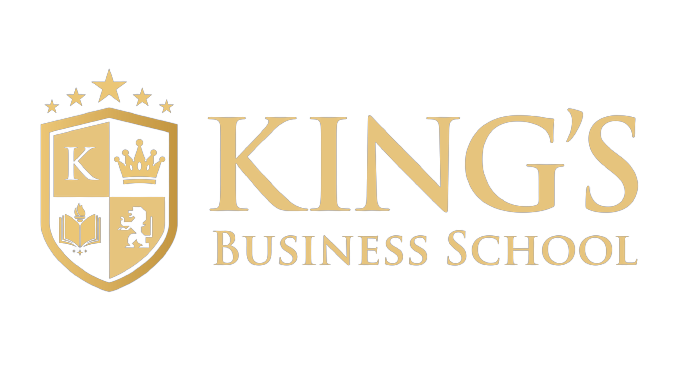The hospitality business comprises different service establishments focused on delivering satisfaction to customers. These include hotels, restaurants, resorts, and other services provided for leisure or business travel. Some experts have even indicated growth with emerging technologies such as blockchain.
Hospitality and tourism are well-known industries for their intense competition, unpredictable consumer trends and the necessity for constant adjustment to always transforming market conditions. In this context, every organization is obliged to implement strategic planning as a way of surviving and remaining ahead.
It gives businesses a structured way to go through all the intricacies of the field so they can forecast, take advantage of opportunities and manage resources in a strategic way. Let’s see why strategic planning is important and find out its impact on the hospitality and tourism industry.
Understanding Strategic Planning
Long-term goals are set in strategic planning, with resources identified and finally, action plans formulated to achieve the goals of the organisation. Strategic planning involves different aspects of the hospitality industry and tourism such as:
- Market Positioning: Strategic plans would help businesses establish their competitive edge or that thing that makes them special as well as get themselves placed in the right location within the market. Competitive knowledge remains significant irrespective of whether it is a deluxe hotel, an economy carrier, or a local touring agency.
- Risk Management: Different challenges are being encountered by the sector such as economic variations, acts of nature, political tensions, and recent pandemics like coronavirus. A method of risk analysis enables companies to acknowledge threats they may have to face and to devise other methods that have not been anticipated when such eventualities come about.
- Resource Allocation: For our business to grow and prosper, we must carefully allocate the money, people, and tools needed. This is because spending in line with our organization’s objectives while realizing the highest profits is only possible through strategic planning.
- Customer Experience: Repeat business and positive word-of-mouth are driven by customer contentment in the hospitality and tourism sectors. Strategic planning concentrates on improved guest experience based on personalized services, smooth check-ins, and unforgettable tours.
- Sustainability: Sustainable practices are nematicidal with travellers’ increasing awareness of environmental impacts. They support eco-friendly moves, waste minimization and responsible tourism.
The Role of Strategic Planning in Hospitality and Tourism
Adaptation to Changing Trends: Due to technological advancements, it is always-changing consumer preferences and global events that drive this evolution. Businesses use strategic planning so that they can remain flexible when faced with new trends within their markets like getting into an online booking platform business as well as needing experiences from different parts of the world when travelling.
Competitive Advantage: Organizations’ strengths and weaknesses identification is catered for by implementation of strategic planning. This enables the businesses to leverage them to outshine. The market share is influenced by strategic decisions; they could be offering unique services, optimizing prices or improving their level of services.
Destination Development: The scope of strategic planning in tourist destinations goes beyond the boundaries of individual companies. The visitor’s experience gets improved with partnerships in hotels, local governments and tourism sites. In order for a destination to become prosperous three things are needed; these include creation and conservation of cultural heritages as well as community involvement in that particular area.
Human Resource Management: For great service delivery, the company must have skilled and motivated workers. Planning is key when it comes to recruiting, training and retaining employees. This will see to it that staff members comply with the vision and values of the organization.
Financial Stability: It is easy to make more money when you plan well for future hardships such as reduced consumer spending. Also, an effective pricing strategy will determine your revenue and hence your profitability together with saving cost. Furthermore, risks get lower through opening up new ways of getting money like weddings held at your premises or strategic partnerships with other firms in adjacent industries.
King’s Business School’s MBA in Tourism and Hospitality Management
In the hospitality and tourism sectors, the importance of strategic planning is well appreciated by King’s Business School. The skills taught in this dynamic field are granted to learners by our Program of Masters Business Administration (MBA) in Tourism and Hospitality Management.
We give importance to different ways people can gain knowledge through guest lectures, industry visits, field trips in order to increase practical information, in our school where online and in-class teaching are possible this is called blended learning approach.
Additionally, upon successfully finishing the degree program, students are awarded dual certifications-an MBA by the Swiss Montreux Business School and a Level 7 Diploma in Strategic Management and Leadership by OTHM, UK thus enabling them to succeed in various hotel, airline, and travel agency or event management professions worldwide.
Consider enrolling in our MBA program with a focus on exploring hotels and tourism together with acquiring critical perspectives that can help you excel. Get more information about our program here.





